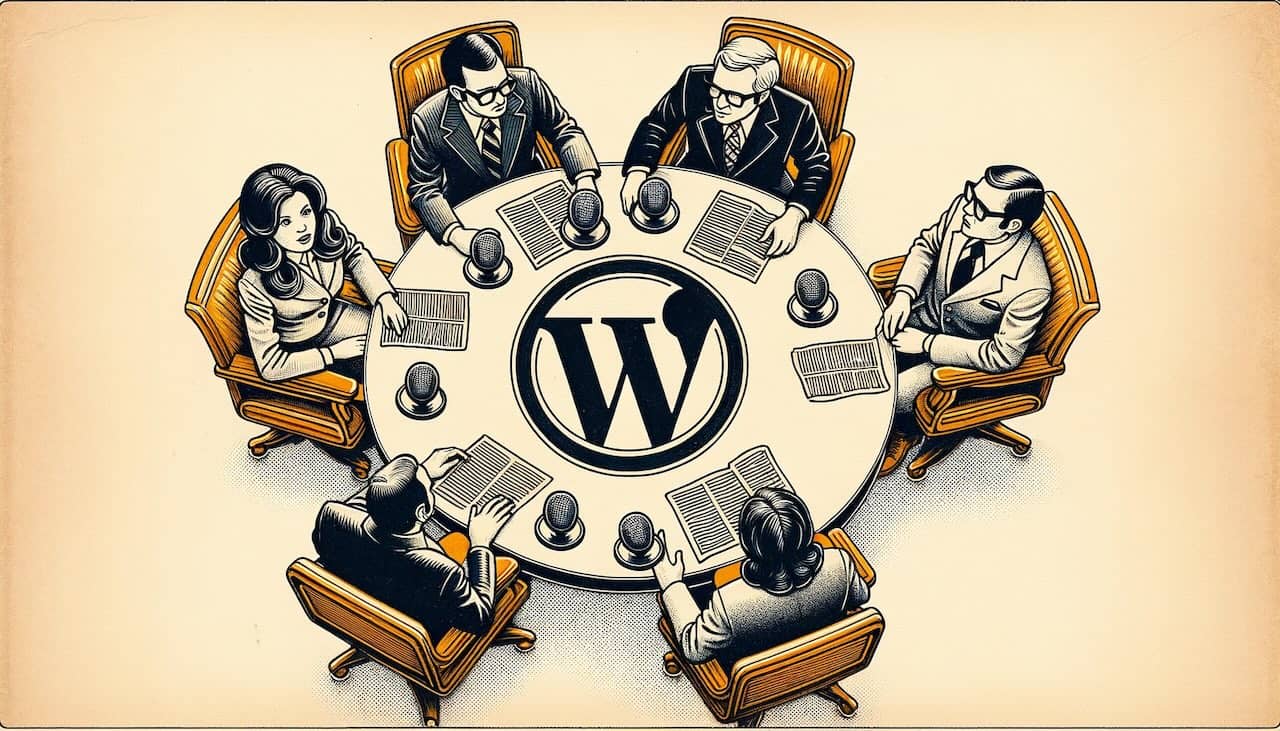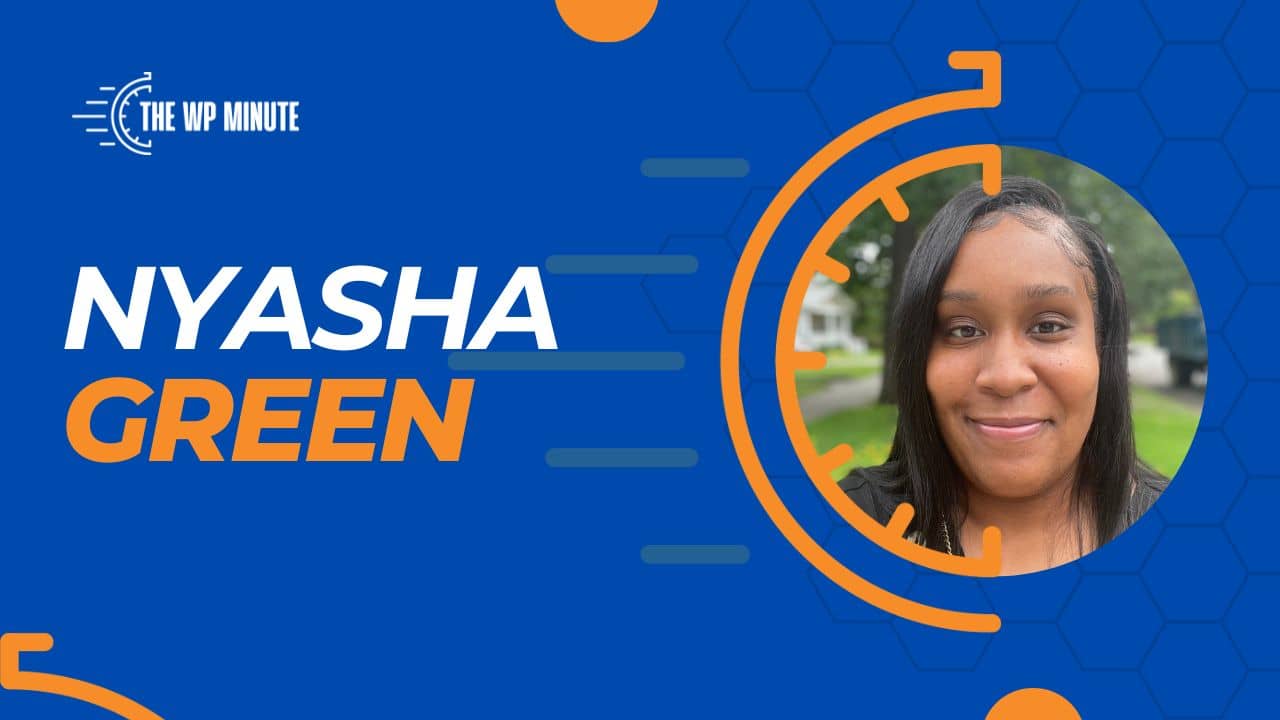The inaugural episode of The WP Minute+ News Roundtable podcast featured a discussion with host Matt Medeiros and guests Jonathan Wold, Marc Benzakein, and Adam Weeks. They covered several hot topics facing the WordPress ecosystem right now.
Sarah Gooding Leaves WP Tavern
The first big news is that Sarah Gooding has departed as editor-in-chief of WP Tavern after over a decade in the role. Her journalism and leadership of the publication, which focuses on WordPress news, plugins, themes and community, leaves big shoes to fill. Matt Mullenweg responded by posting an opening for new writers and contributors at WP Tavern.
The guests agreed that Gooding’s body of work and commitment to objective WordPress coverage has been invaluable. They discussed the importance of publications like WP Tavern in promoting WordPress innovation, covering the ecosystem, and shining a spotlight on niche products and contributors that might otherwise go unnoticed.
Classified Listing (Purchase Yours)
Ultimate Blocks Get a Flat 50% OFF On Ultimate Blocks Pro!
Hostinger – Launch your website fast with Hostinger’s Managed WordPress hosting and WordPress AI Tools. Enjoy 10% off with the wpminute code.
Coupon Affiliates allows you to easily create a powerful coupon-based affiliate program for WooCommerce. Get 30% off this Black Friday!
CheckoutWC The best cart and checkout for WooCommerce. Increase your conversion rate and grow your sales. 75% off starting 11/24.
WordPress Page Builders at a Crossroads
Another major topic focused on page builders like Elementor and whether they can survive improving WordPress core software and a difficult economy. Elementor recently raised pricing, while touting Gutenberg improvements in WordPress 6.4.
Matt Mullenweg stirred debate by tweeting that non-Gutenberg site builders will need to raise prices to maintain revenue as WordPress core offers more capabilities. The guests had varying opinions on whether Mullenweg was correct in linking Elementor’s price hike to Gutenberg advancement.
They agreed that page builders have filled a gap for end users in ease of use, even if not optimized for speed. The guests discussed whether standardizing how sites get built in WordPress is good or bad for innovation. They compared the choice and fragmentation that exists now to potential future lock-in to Gutenberg as the sole site building option.
WooCommerce Becomes Woo
WooCommerce’s rebranding and new hosted e-commerce platform WooExpress also prompted lively discussion. Guest Jonathan Wold, formerly of WooCommerce, explained the years-long process that went into the name change.
There was debate around whether this signals WordPress.com and Automattic attempting to control more of the WooCommerce ecosystem, rather than taking a community approach. The guests theorized about what the future might look like if WordPress.com bundles Jetpack and WooCommerce into an optimized but closed experience.
Is WordPress Thriving?
In the final segment, the guests contemplated the question of whether WordPress is thriving now and heading into 2024. They called out encouraging signs like WordPress market share, software improvements, and people willing to help others without reward.
However, there is uncertainty around the future of WordPress community events, rising costs and complexity for newcomers, potential fragmentation into separate ecosystems, and more. While a decentralized community and ecosystem has fueled WordPress’s rise, maintaining that balance will require thoughtful leadership.
What do you think? Is WordPress thriving?
Join The Newsletter
Get your favorite 5 minutes of WordPress news for busy professionals every week — 100% Free! Join the WP Minute Newsletter below 👇














